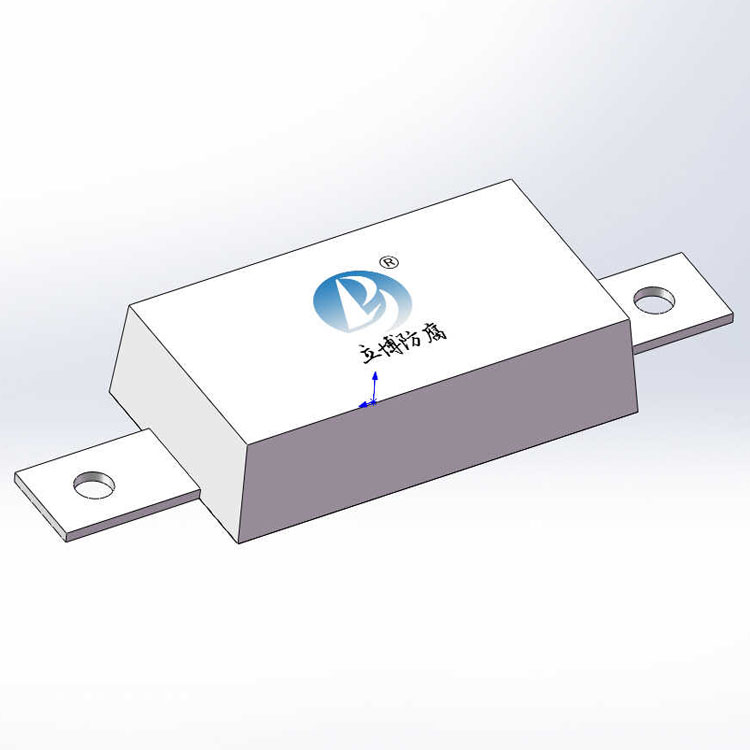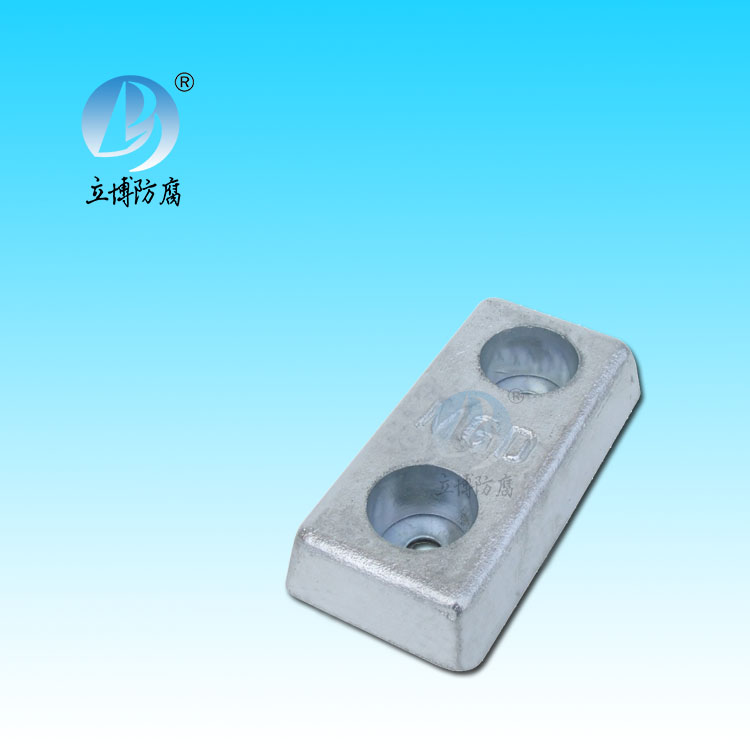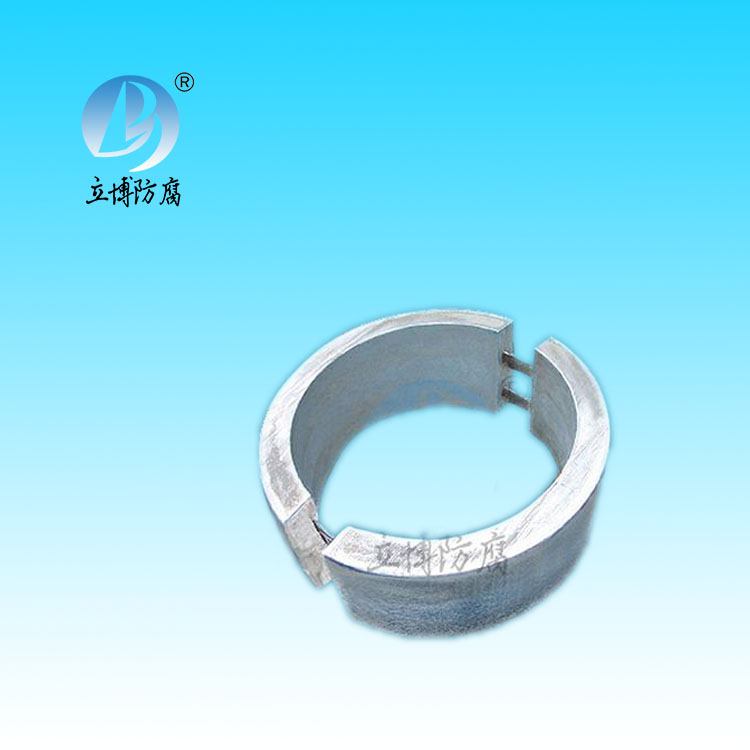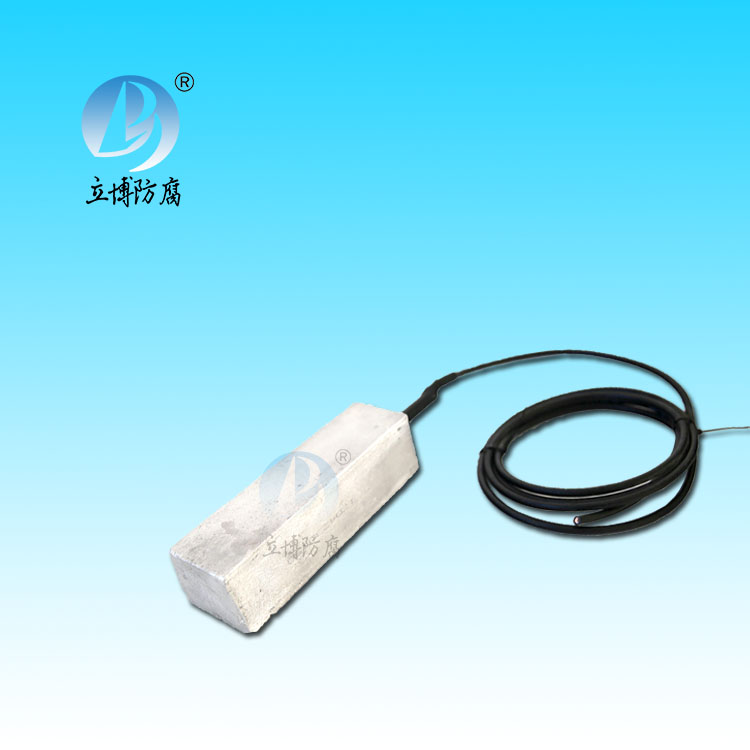News
News
- What is a sacrificial anode
- Basic requirements for reference...
- What does the reference electrode do...
- Why are zinc blocks attached to the ...
- What is the principle of impressed...
- What material does metal structure...
Contact
Phone:18739187123
hotline:0391-7588881
E-mail:970512272@qq.com
Address:Wuzhi County, Jiaozuo City, China
Industry News
What is the research status of cathodic protection industry in the world, to what extent has it been achieved, and what key problems need to be solved?
- Author:Libo
- Source:wwww.godsgracesalon.com
- Date:2021-08-06
- Click:0

This is a difficult question to answer because the scope of cathodic protection is huge. Pipelines, ships, tanks -- all of these things are covered with cathodic protection. In terms of pipeline, the potentiostat in China is the best in the world (it seems that the potentiostat is not often used in foreign countries, they often use rectifier), but the rectifier is not very advanced in the world. Especially in the developed countries such as the United States, the pipeline cathodic protection uses a large number of rectifiers, the price is cheap, and the suitable location is wide.
The use of flexible anode technology abroad is more advanced than domestic, but in recent years China has caught up. In the storage tank, the main gap in the tank bottom internal protection, some countries in this aspect of cathodic protection construction and program choice are better than domestic, internal protection some countries have adopted the applied current protection, but China has not implemented this technology. In terms of Marine pipeline, China's Marine pipeline antisepsis is relatively backward. Although the theory of bracelet anode is mature, there is little practical experience in its application.
And there is no cathodic protection for a particularly long distance pipeline. I'm not familiar with ships, so I won't say. If so, it can be studied in terms of how to improve the available current efficiency of the magnesium-based sacrificial anode.








 客服QQ
客服QQ